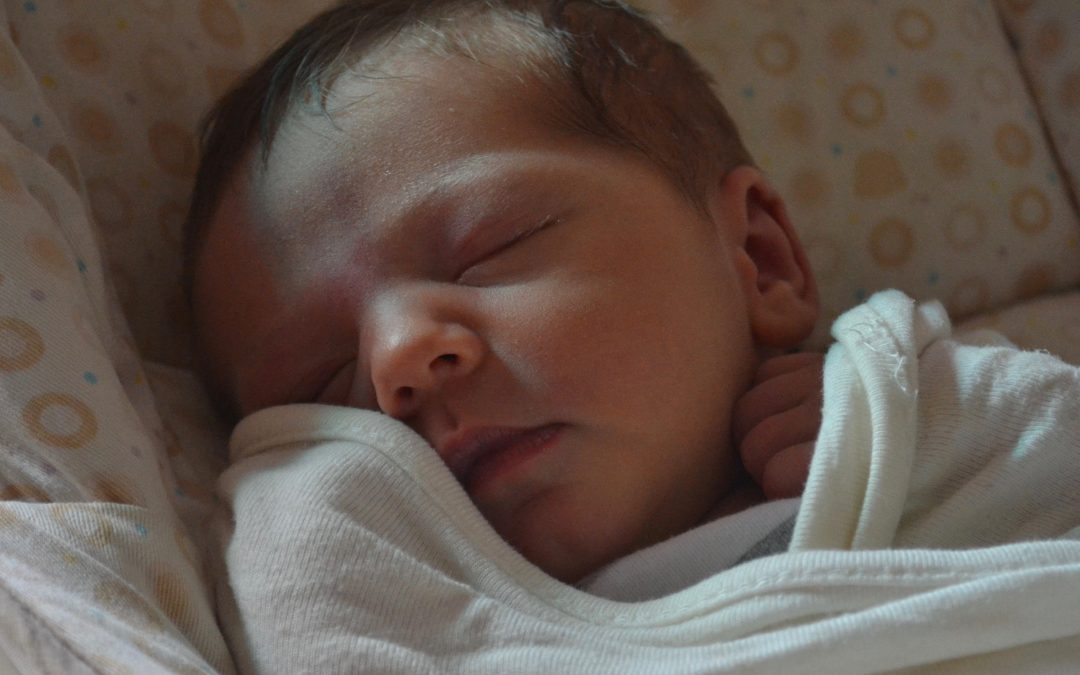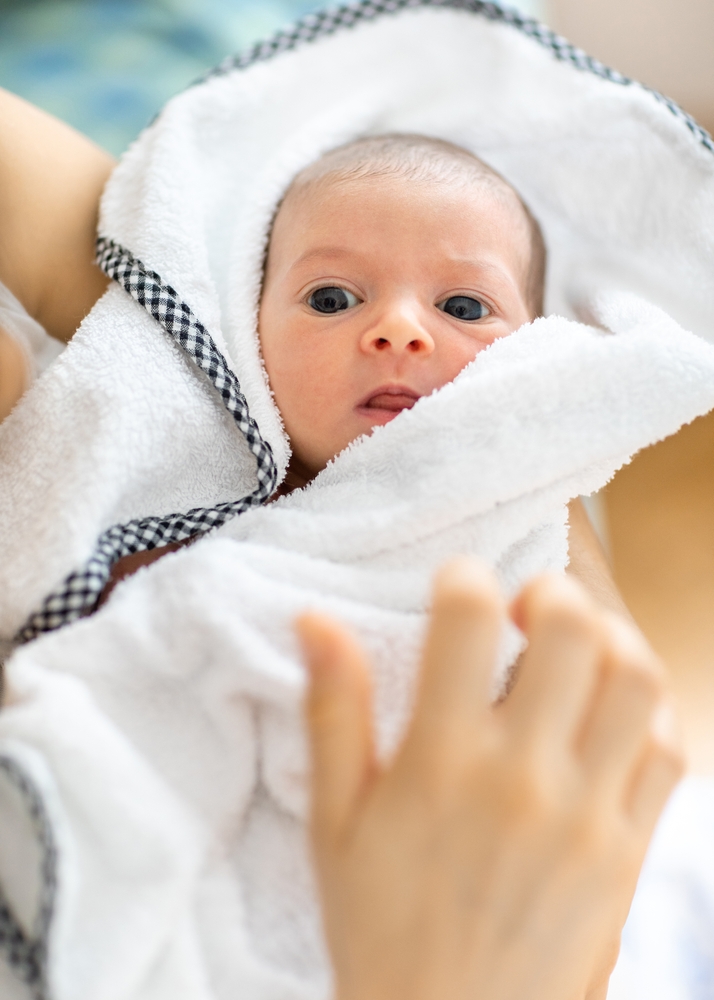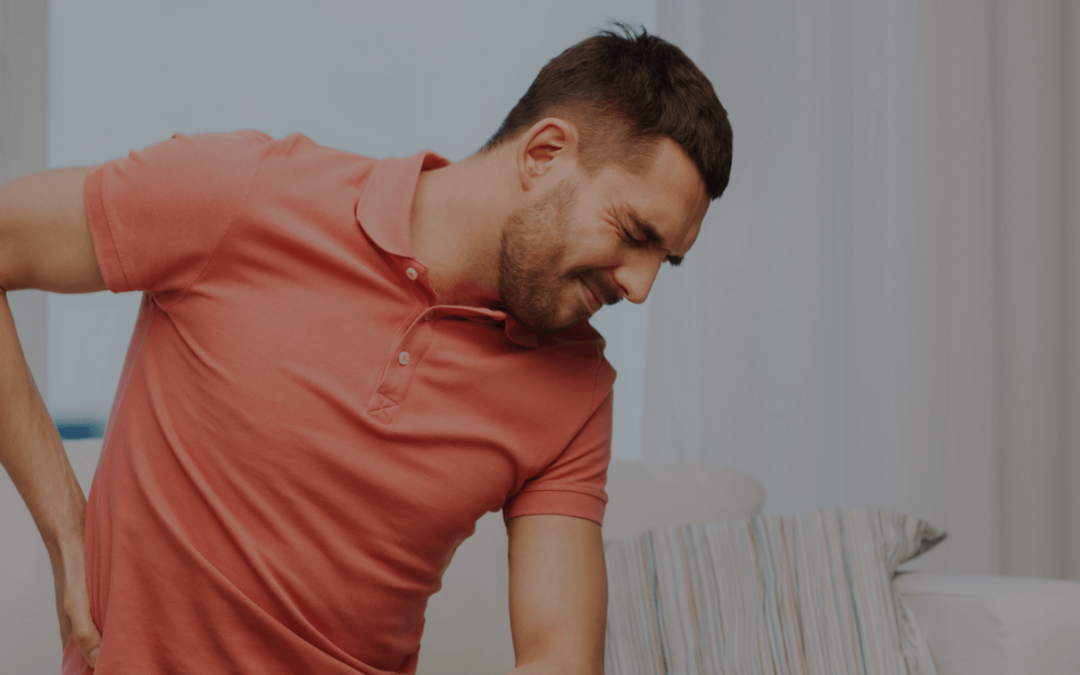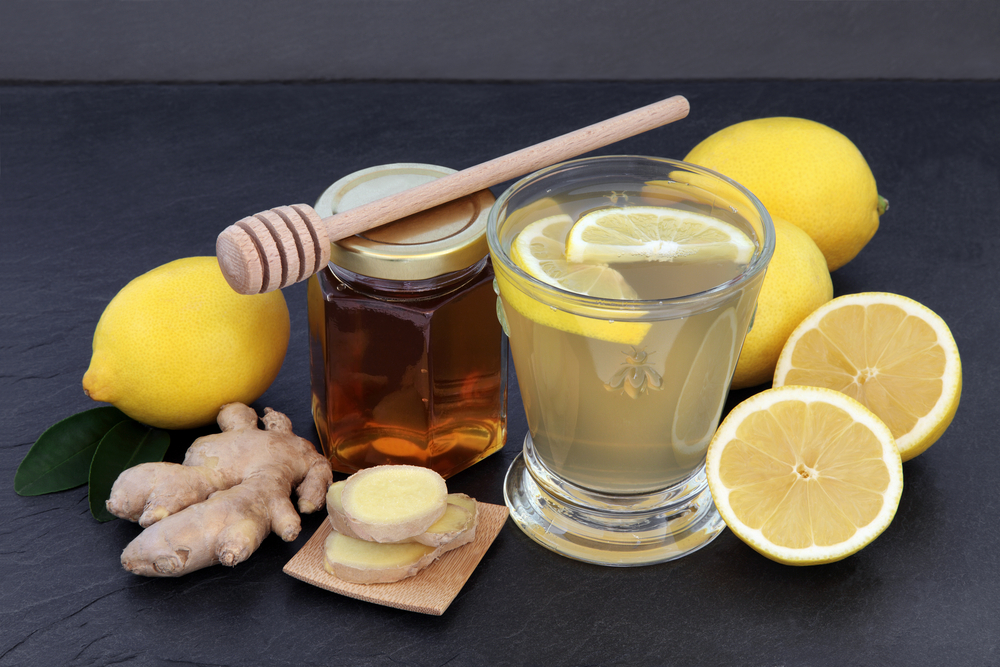
Baby Osteopathy – When I mention to mothers that I treat newborns and infants, they are shocked. “Why would you do when they’re so young?” is the response that I am often given. Well, the answer is simple, wouldn’t you need a treatment after not being able to stretch out for months and then also go through labour, which may or may not have had complications? Even if you had the most straightforward birth, it is a huge event for the body to go through.
What happens during birth?
Being in the same position whilst developing and during the long hours of birth, strains and tensions can occur. As the baby travels down the birth canal and into the world he or she has to perform a series of intricate manoeuvres. These all have a bearing on the baby post partum. If a forceps or ventrose delivery ensues, being twisted, stuck or compressed for long periods of time can be a present or future issue for a newborn. After a caesarian section there are also other issues as the manoeuvres the baby performs during natural birth are important in beginning a series of functions that the baby needs to thrive such as clearing out amniotic fluid from the head which assists breathing and triggers for feeding. There are various techniques the osteopath can do which will assist the baby.
What happens during treatment?
An initial consultation with bub and mum takes about 40 minutes. During this time, a detailed patient history will be completed about the pregnancy, birth, bubs and family’s current medical history and of course any current concerns about your child.
Your osteopath will then complete a hands-on assessment and treatment of your child. The treatment involves gentle movements and we encourage parents to be close by whilst this occurs. Your osteopath will explain any treatment during the consult and also let you know if any future treatments are required.

Osteopaths treat newborns who are affected by:
- Favour one side for feeding
- Constipation
- Silent reflux
- Difficulty sleeping
- Oppose having their head touched
- Flat head syndrome
- Sleep problems
- Cries a lot
- Problems feeding
- Digestive problems
Advice:
At the end of your consultation, advice will be given to continue care at home so that increased outcomes may occur. These include: nutrition, positioning of baby whilst being held, feeding and general home strategies. Also your osteopath may refer you to other practitioners depending on how your baby is presenting, for example a lactation consultant.
Read More Blogs

The Gift of Injury
The Gift of Injury I recently attended a course in Sydney with Dr. Stuart McGill – a world leading low back pain expert from Canada.Dr McGill has released a book “The Gift of Injury” in conjunction with a multiple record …

Experiencing Builders Back?
Builders back! If you’ve had Lower Back Pain you most probably have heard of Builders Back. Osteopaths commonly see builders presenting with common complaints…

7 Top Tips To Avoid Colds and Flu Naturally
7 Top Tips For Avoiding Colds and Flu This Winter, Naturally Cold and Flu season is at its peak right now. If you can’t afford to take sick days or get knocked down by viruses this year, here are some really simple practices you can implement to avoid a non-productive…
Get our latest offer's and tip's!
If you have an enquiry about our services, trading hours or any specific questions, feel free to send us a message.

Come and See Us Today
86 Quambone Street, Worongary
Call 0417 456 640 for bookings and enquiries
Exit 77 off Pacific Highway
Opening Hours
- Mon-Fri: 8:30am - 6:00pm
- Saturday: 9:00am - 12:00pm
